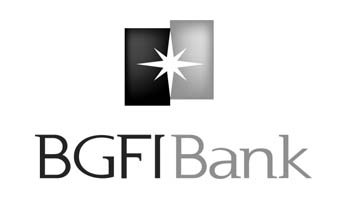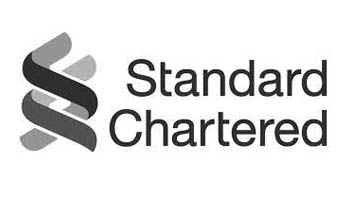Innovation in the country, however, is not solely related to its impressive technology. The country is focused on creating services that will improve the way the economy flows, especially when it comes to SME solutions.
Kenya is considered one of the most innovative countries in the continent, leading the way with one of the best internet connections in the world through its establishment of the undersea fibre cables that extend to three countries: Mozambique, Tanzania and Djibouti.
Kenya’s strong ICT sector and strategic location have caught the eye of some of the world’s largest multinationals to host research and development facilities, such as IBM, Cisco and Microsoft, which is scheduled to open its Development Centre in Nairobi. Tony Tugee, CEO of SEACOM says that, “Thanks to the ICT sector, we’ve seen a lot of interest coming in with global data centres opening in Nairobi and moving towards the rest of the region. This comes with foreign direct investment; it opens up opportunities for innovation.”
Reliable internet is an invaluable tool that has allowed the financial sector to dominate financial inclusion. Kenya has deeply penetrated mobile financial services through mobile money apps such as M-Pesa from Safaricom. Betty Korir, CEO of Credit Bank states, “Our solutions have been focused on financial inclusion. If you look at penetration into the economy, everyone banks, and you can bank through your mobile device.” The partnership between ICT and finance is revolutionising the economy in Kenya by focusing on its citizens, as well as small and local businesses.
Innovation in the country, however, is not solely related to its impressive technology. The country is focused on creating services that will improve the way the economy flows, especially when it comes to solutions for small and medium-sized enterprises. Some of the most innovative startups are in Kenya, like Twiga Foods, which bridges the gaps in food and market security by providing farmers with a ready and guaranteed market. Cellulant, another startup, provides convenient digital payment experiences for customers who are making purchases online. Such startups are valuable for Celeste Liyai, COO of AfricaSokoni, an online retailer who has tapped into the ecommerce market by connecting merchants with consumers across the country. Liyai and her company seek to empower SMEs and provide “educational sessions to explain how our company works.”
In addition, Kenya’s renewable energy sector is generating a promising market. Kenya’s dedication to renewable energy sets it apart as the country works toward the goal of 100% green energy by 2020. By launching the Lake Turkana Wind Power farm, the country is expected to produce enough electricity to power 330,000 local homes. President Uhuru Kenyatta says, “Kenya is without doubt on course to be a global leader in renewable energy.”
Today, the nation generates about 70% of its electricity from renewable energy sources, most notably through hydropower and geothermal.
All of these efforts are, of course, in line with President Kenyatta’s Big Four Agenda to aid Vision 2030, which focus on expanding manufacturing, affordable healthcare, housing and food security. The agriculture sector is developing solutions to modernise its processes, offering tech-based practices that will allow farmers to withstand extreme weather conditions and reduce overhead cost, while banking and retail seek to empower and educate local businesses. Innovation is taking hold all over Africa, but seems to originate from its capital: Kenya.





















